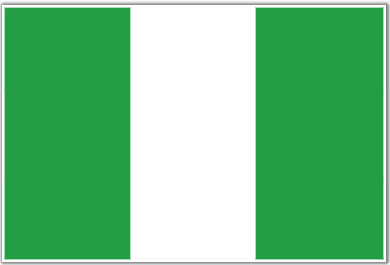Country: Democratic Republic of the Congo

Description: A masterpiece of twentieth-century writing, Heart of Darkness exposes the tenuous fabric that holds "civilization" together and the brutal horror at the center of European colonialism. Conrad's crowning achievement recounts Marlow's physical and psychological journey deep into the heart of the Belgian Congo in search of the mysterious trader Kurtz. (from amazon.com)
(I wrote this right after I finished the book back in April)
Wow. Beautifully, beautifully written. Especially the first few times I sat down to read this book, it really drew me in--into a world where everything seemed mystical and mysterious and ... I don't even know, but the mood created by Conrad was amazing, dark and brooding and mystical. Kept coming back to mystical, because there was such a sense, at least in the narrator's mind, of this darkness, personified in the extreme, waiting to tempt and destroy 'civilized' men.
Was really racist. On the one hand, Conrad really really condemns the greed and cruelty in the Congo, the darkness that creates in people--but on the other hand seems to see that as a result of the corrupting influence of the dark wild, wild jungle, and he saw the Africans as having succumbed to that influence entirely. But also condemned imperialism, I thought, even while he thought Africans inferior--in the beginning he compared the wilds of Africa to what Great Britain must have been like for the conquering Romans thousands of years ago, which I thought was a really powerful comparison--but maybe he was just talking about the lack of civilization. He did make one other similar comment, however; he said something about how all the villages along the main road were deserted, but then adds something along the lines of, "Of course, if some group of people started marching through Dover and making people carry heavy loads for them, I imagine Dover would clear out pretty fast too."
This interesting idea that civilization keeps the savagery away. Must say I don't agree. 'Civilized' people can be just as cruel, if not crueler, than so-called 'savages'. Also the play between others seeing what you're doing--Marlowe comments a few times about how the men were all alone, with no one watching them, i.e. they had 'ultimate power'. Definitely a play throughout of men as 'gods'. But society doesn't keep us from cruelty or sinning. Sinning is in our nature. Who says that outright cruelty is a worse sin than things like corruption or whatever, that happens in 'society'? Maybe murder and so on only seems so horrible to us because we don't see it as much as, say, premarital sex. But that doesn't make those other things any less of a sin. And just because society says something is right or wrong doesn't mean society is right.
Also: Hochschild said something about how people seem to think that Heart of Darkness isn't really about the Congo, since a lot of the movie adaptations aren't even set in Africa. But he argues that it is about the Congo. I think, though, that Conrad may have meant it to be about the Congo, but he really wrote a book about humans and the evil side of them.
★★★★★



